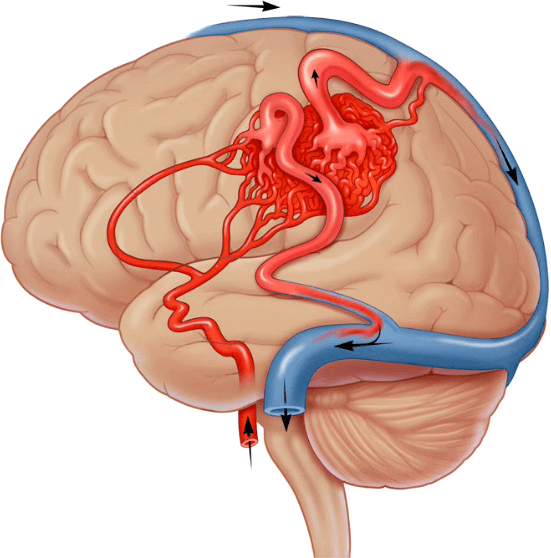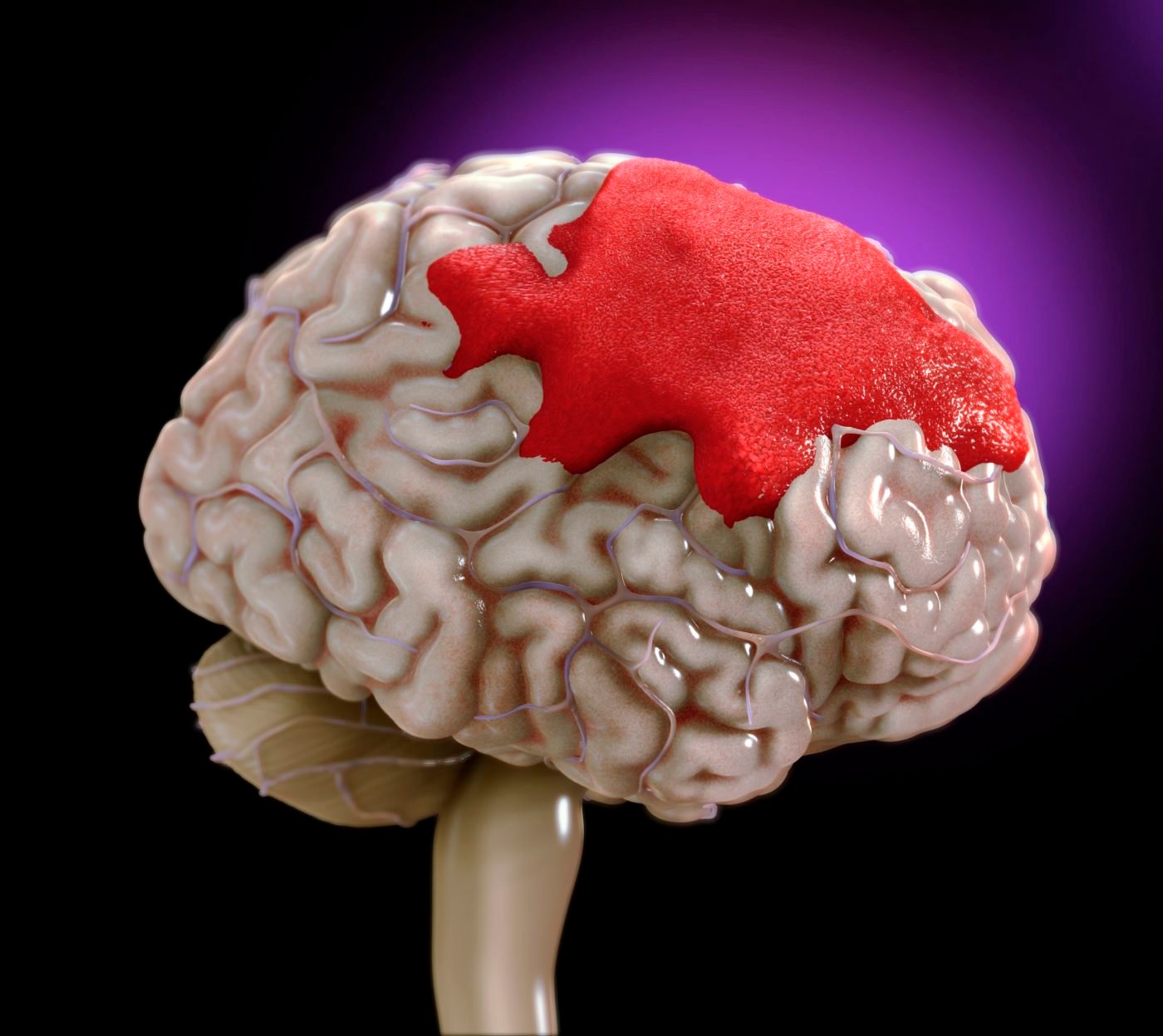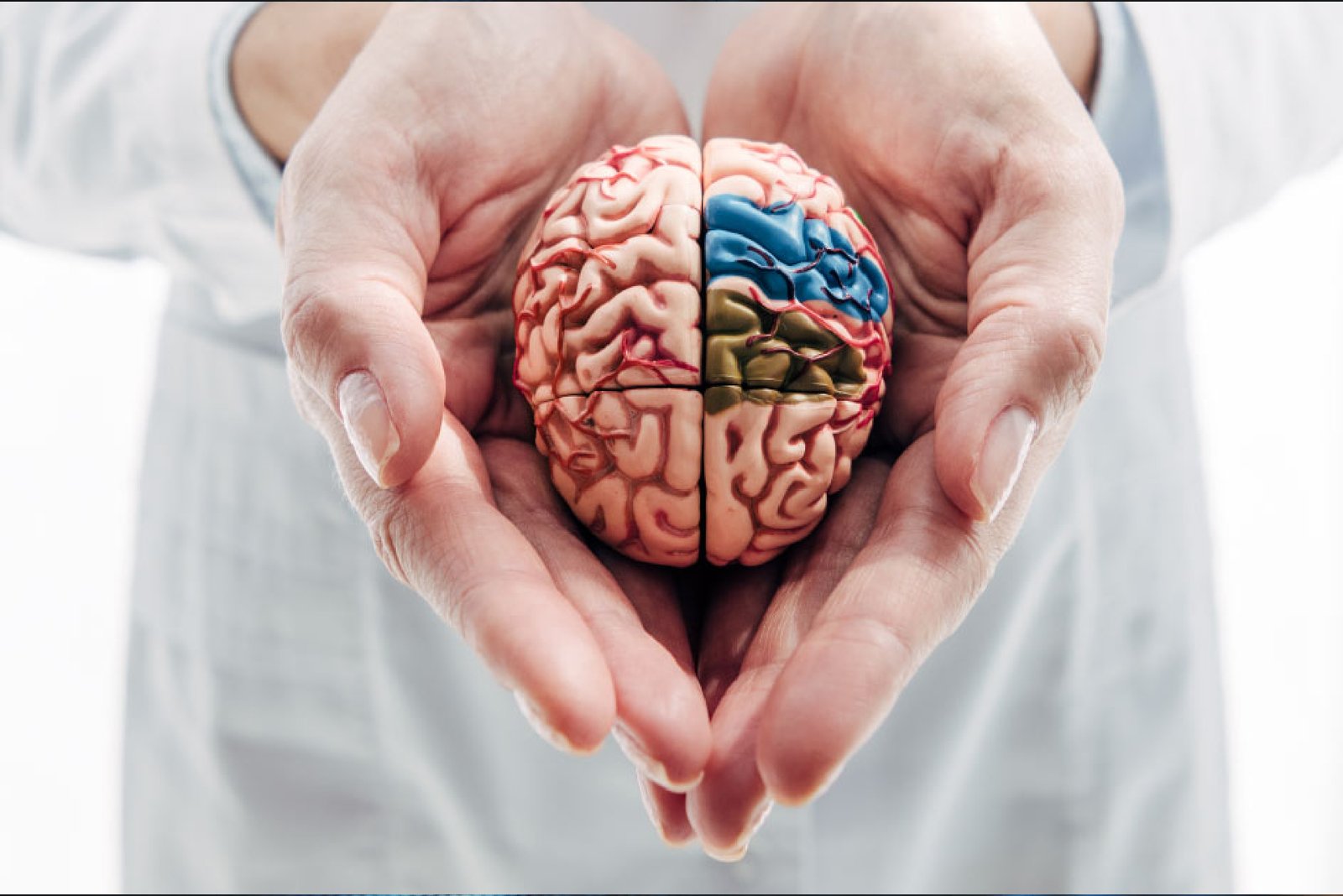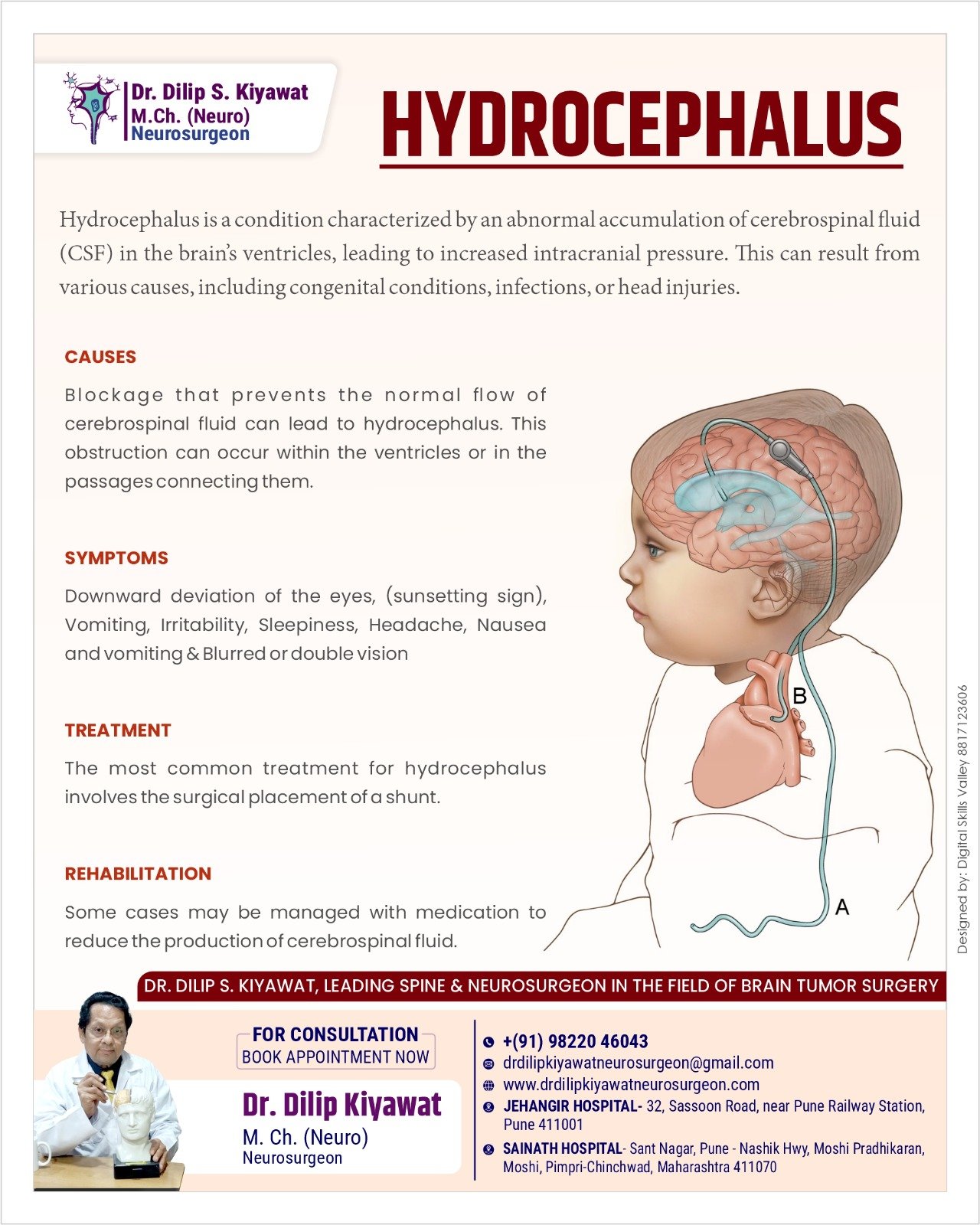Hydrocephalus is a medical condition characterized by an abnormal accumulation of cerebrospinal fluid (CSF) in the brain’s ventricles. This accumulation leads to increased intracranial pressure, which can result in various neurological symptoms. It’s crucial to understand the causes, symptoms, and treatment options for hydrocephalus to ensure timely and effective medical intervention.
What is Hydrocephalus?
Hydrocephalus occurs when there is a blockage that prevents the normal flow of cerebrospinal fluid within the brain. This obstruction can happen within the ventricles or in the passages connecting them, leading to fluid buildup and increased pressure on the brain.
Causes of Hydrocephalus
Hydrocephalus can result from several causes, including:
- Congenital conditions: Some individuals are born with abnormalities that lead to hydrocephalus.
- Infections: Certain infections can cause inflammation and blockages.
- Head injuries: Trauma to the head can result in damage that disrupts normal fluid flow.
Symptoms of Hydrocephalus
The symptoms of hydrocephalus can vary but commonly include:
- Downward deviation of the eyes (sunsetting sign): This is a distinctive symptom where the eyes appear to be looking downward.
- Vomiting and nausea: Persistent vomiting and nausea can be signs of increased intracranial pressure.
- Irritability and sleepiness: These are common symptoms, especially in infants and young children.
- Headache: Frequent and severe headaches are often reported.
- Blurred or double vision: Visual disturbances can occur due to the pressure on the optic nerves.
Treatment for Hydrocephalus
The most common and effective treatment for hydrocephalus involves the surgical placement of a shunt. A shunt is a flexible tube that is inserted into the ventricles to divert the excess cerebrospinal fluid to another area of the body, usually the abdominal cavity, where it can be absorbed.
In some cases, medication may be prescribed to reduce the production of cerebrospinal fluid, although this is less common than surgical intervention.
Rehabilitation and Follow-Up
Post-surgery, rehabilitation is crucial. Patients may need ongoing medical follow-up to ensure the shunt is functioning correctly and to manage any potential complications. In some cases, additional therapies such as physical or occupational therapy may be recommended to help patients regain and maintain their neurological functions.
Expert Care in Pune
For those seeking specialized care for hydrocephalus in Pune, Dr. Dilip Kiyawat, M.Ch. (Neuro), is a leading spine and neurosurgeon with extensive experience in the field of brain tumor surgery. Dr. Kiyawat practices at Jehangir Hospital and Sainath Hospital in Pune and is well-regarded for his expertise and compassionate care.
Contact Information:
- Phone: +91 98220 46043
- Email: drdilipkiyawatneurosurgeon@gmail.com
- Website: www.drdilipkiyawatneurosurgeon.com
Hospitals:
- Jehangir Hospital: 32, Sassoon Road, near Pune Railway Station, Pune 411001
- Sainath Hospital: Sant Nagar, Pune-Nashik Hwy, Moshi Pradhikaran, Moshi, Pimpri-Chinchwad, Maharashtra 411070
Receiving prompt and specialized medical care is essential for managing hydrocephalus effectively. If you or a loved one are experiencing symptoms or have been diagnosed with hydrocephalus, consulting with a specialist like Dr. Dilip Kiyawat can provide the necessary treatment and support for a better quality of life.







